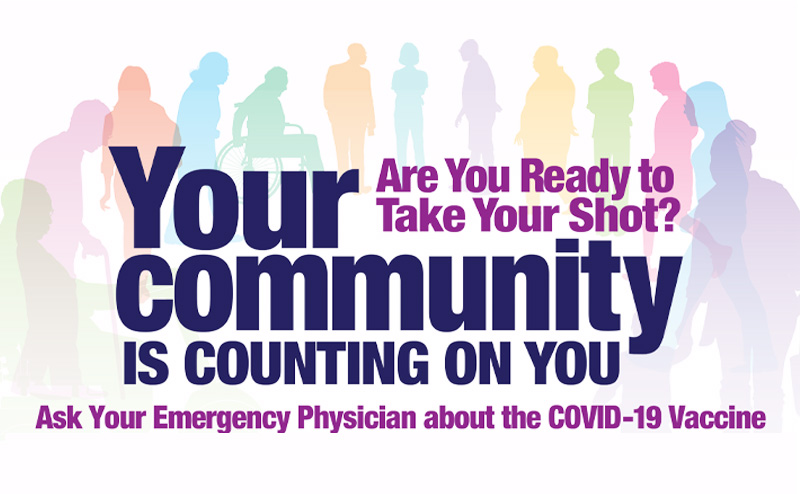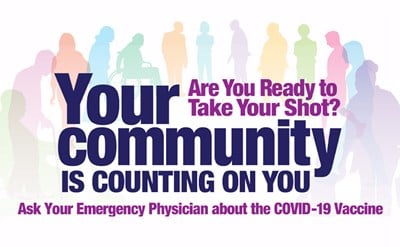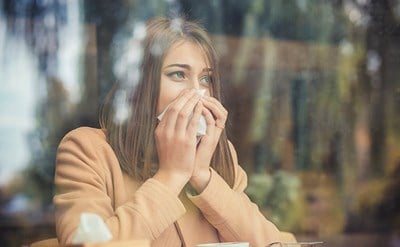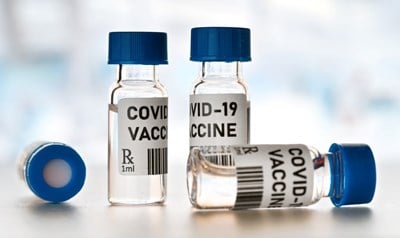Emergency physicians and other health experts trust vaccines to protect people from many types of viruses. These doctors on the frontlines have been treating patients with COVID-19 since the beginning of the pandemic.
Your community is counting on you. Are you ready to take your shot?
We want you to have the facts about the available COVID-19 vaccines, so we're going beyond the frequently asked questions to address some concerns and misconceptions below. Click below to expand and learn more.
 American College of Emergency Physicians
American College of Emergency Physicians







